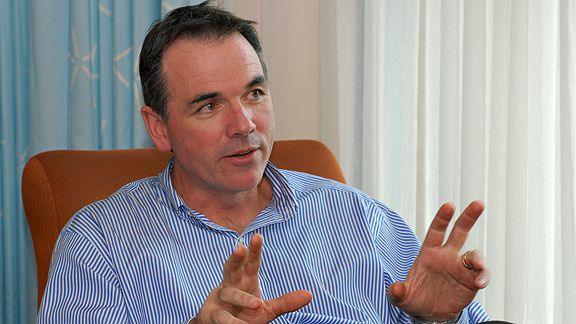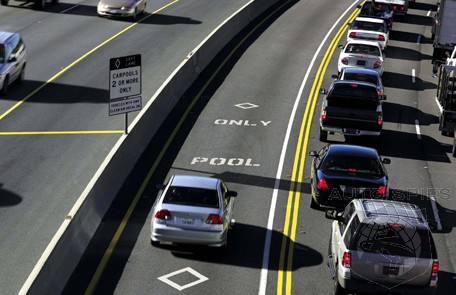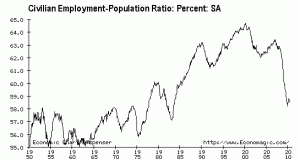 It’s the middle of the summer, and it’s time to check in with the I&E Reading Group. This summer, we have Michael Lewis’ Moneyball and Louis Menand’s Marketplace of Ideas. If you need a copy of either, I know we have them at The Mudd.
It’s the middle of the summer, and it’s time to check in with the I&E Reading Group. This summer, we have Michael Lewis’ Moneyball and Louis Menand’s Marketplace of Ideas. If you need a copy of either, I know we have them at The Mudd.
For our first book, Lewis provides us with a look at the world of baseball management. I would suggest that the money point of Moneyball has to do with the tension between quantitative tools and “experts” watching and assessing potential. In the context of evaluating talent, for example, should teams look at the numbers or listen to the scouts? But that isn’t quite right, either, because there is a long, entrenched history of listening to the scouts, so putting too much stock in the college on base percentage is anathema to the whole process. The scouts don’t believe the numbers, and management trusts the scouts. So the conventional wisdom is that the numbers lie.
It doesn’t end there, either. The type of quantitative analysis used for player evaluation has been extended to on-the-field strategy, again exposing a tension between what the numbers guys say and what various experts (i.e., managers, sportswriters, fans) think. (For a similar example in the context of American football, see here).
 Our first edition of the summer mailbag is here with a contribution from the always ebullient “Mr. O,” who says he sees economics everywhere these days. The article in question has to do
Our first edition of the summer mailbag is here with a contribution from the always ebullient “Mr. O,” who says he sees economics everywhere these days. The article in question has to do  Almost unnoticed, this week marks a terrible week for advocates of market solutions to environmental problems, including various cap-and-trade systems. The Wall Street Journal
Almost unnoticed, this week marks a terrible week for advocates of market solutions to environmental problems, including various cap-and-trade systems. The Wall Street Journal 
 I came across a research note on how bloggers reveal their personality types through their word choices.
I came across a research note on how bloggers reveal their personality types through their word choices. Amazon is offering Amazon Prime
Amazon is offering Amazon Prime  Speaking of careers in business,
Speaking of careers in business,  I saw an interesting bit over at Bloomberg Businessweek about how to think about the trajectory. It’s colorful, gangsta-esque title is “Krugman or Paulson: Who You Gonna Bet On?” On the one hand, you have Paul Krugman warning of a depression
I saw an interesting bit over at Bloomberg Businessweek about how to think about the trajectory. It’s colorful, gangsta-esque title is “Krugman or Paulson: Who You Gonna Bet On?” On the one hand, you have Paul Krugman warning of a depression  “The safer they make the cars, the more risks the driver is willing to take. It’s called the Peltzman effect.” — Some CSI Episode
“The safer they make the cars, the more risks the driver is willing to take. It’s called the Peltzman effect.” — Some CSI Episode For today’s recommended reading, The New York Times
For today’s recommended reading, The New York Times 
 As a trained economist, I know the basic institutional details and understand the basic arguments, but as Barro suggests, I have no great insight on the empirics or which side of the debate is likely to be correct.
As a trained economist, I know the basic institutional details and understand the basic arguments, but as Barro suggests, I have no great insight on the empirics or which side of the debate is likely to be correct.